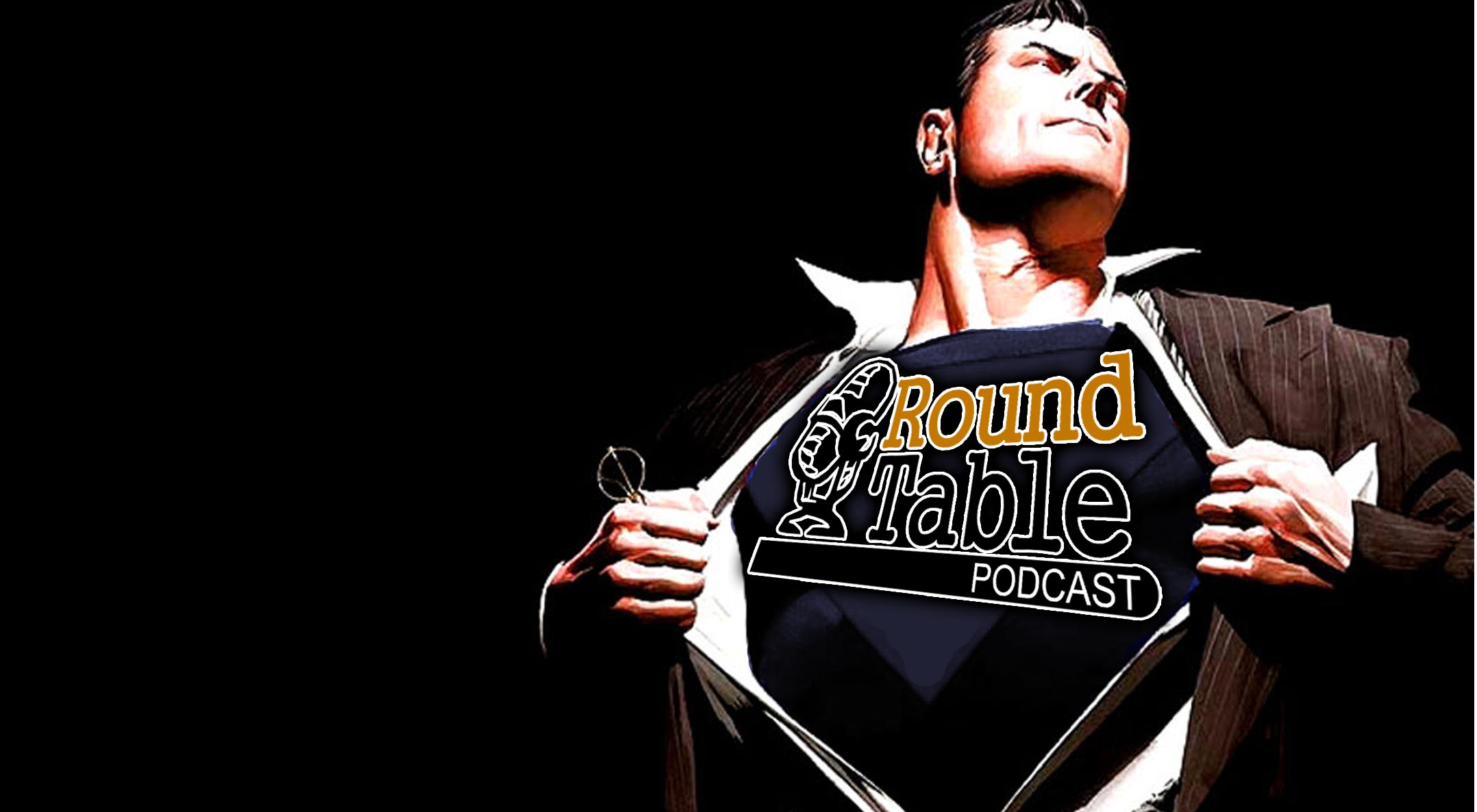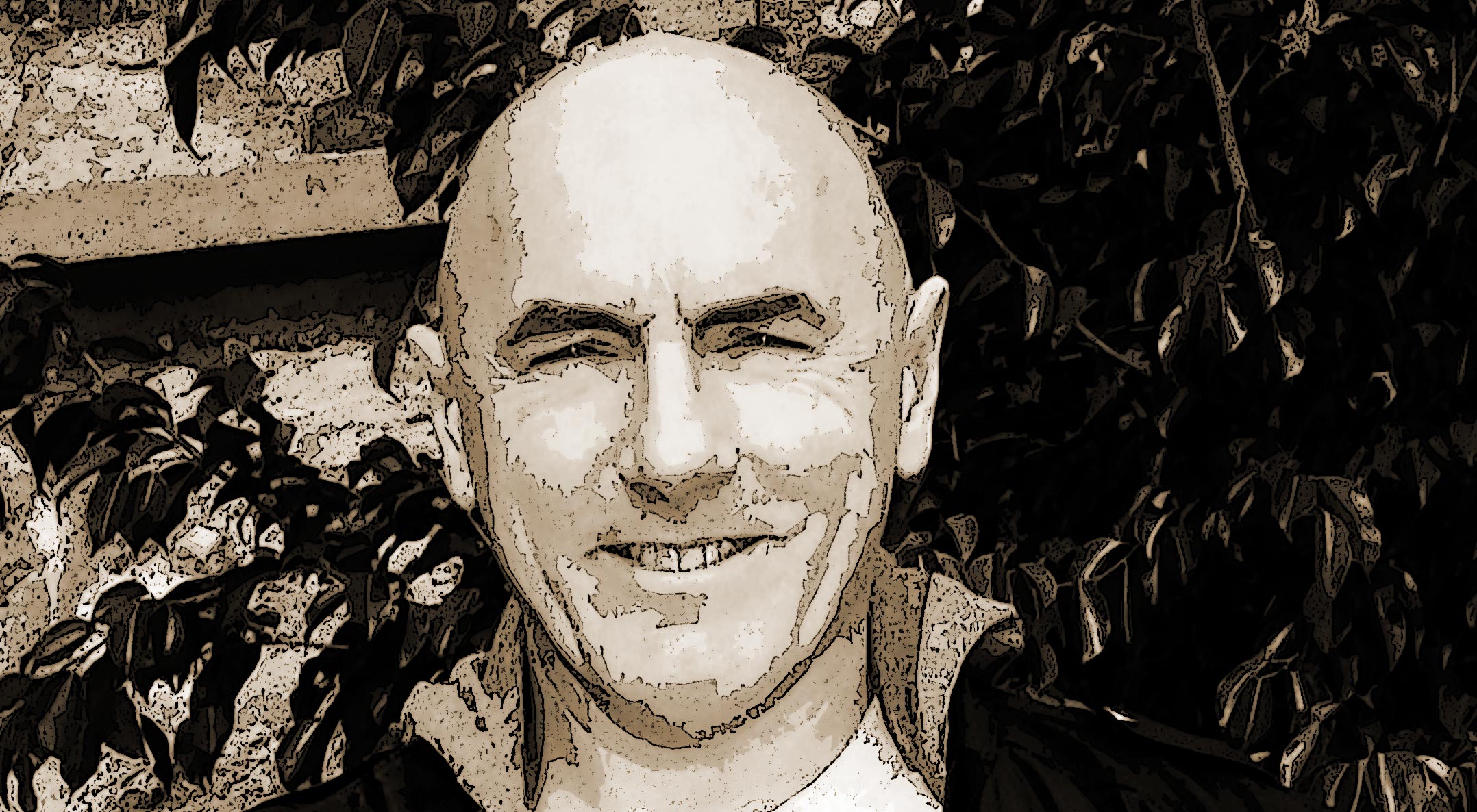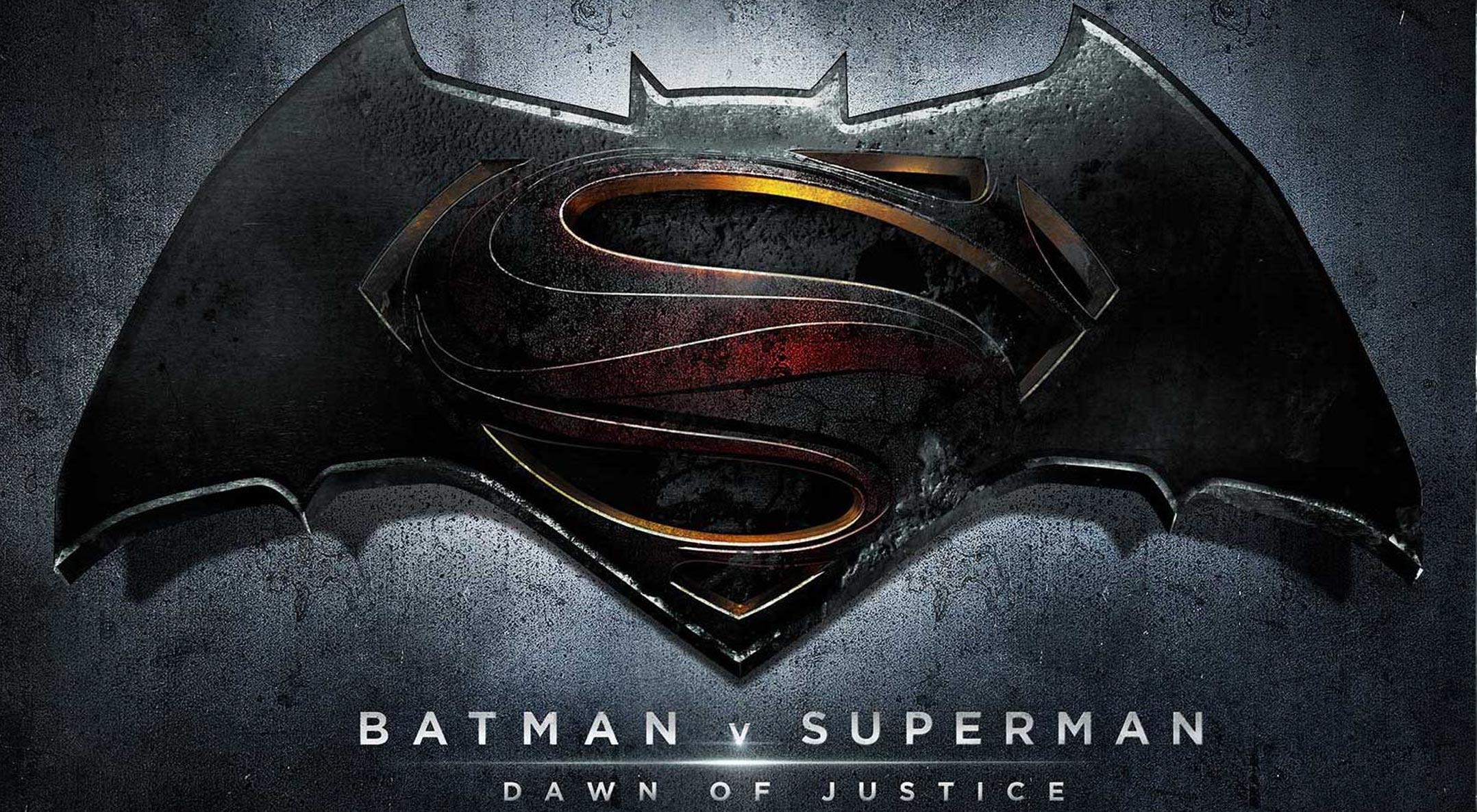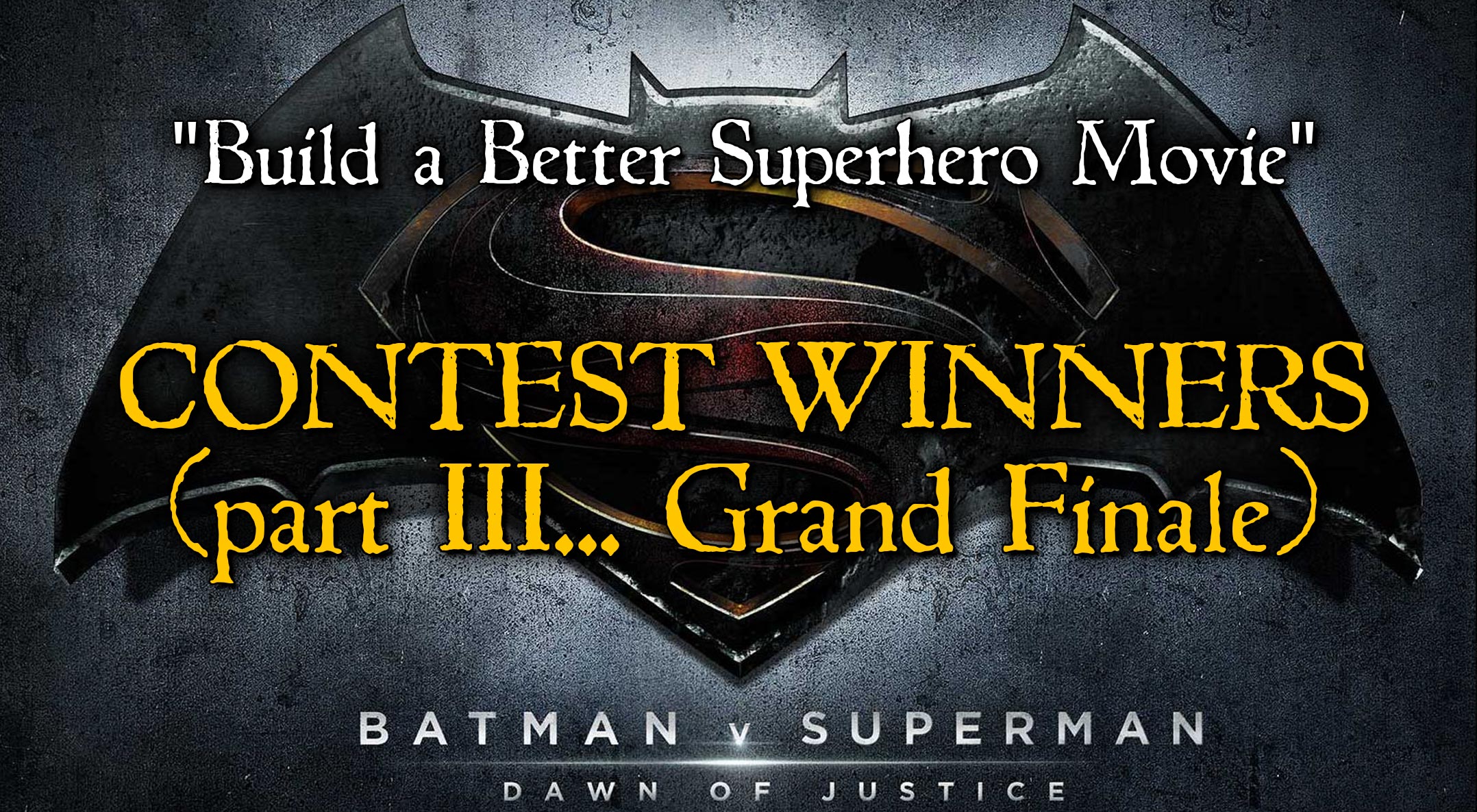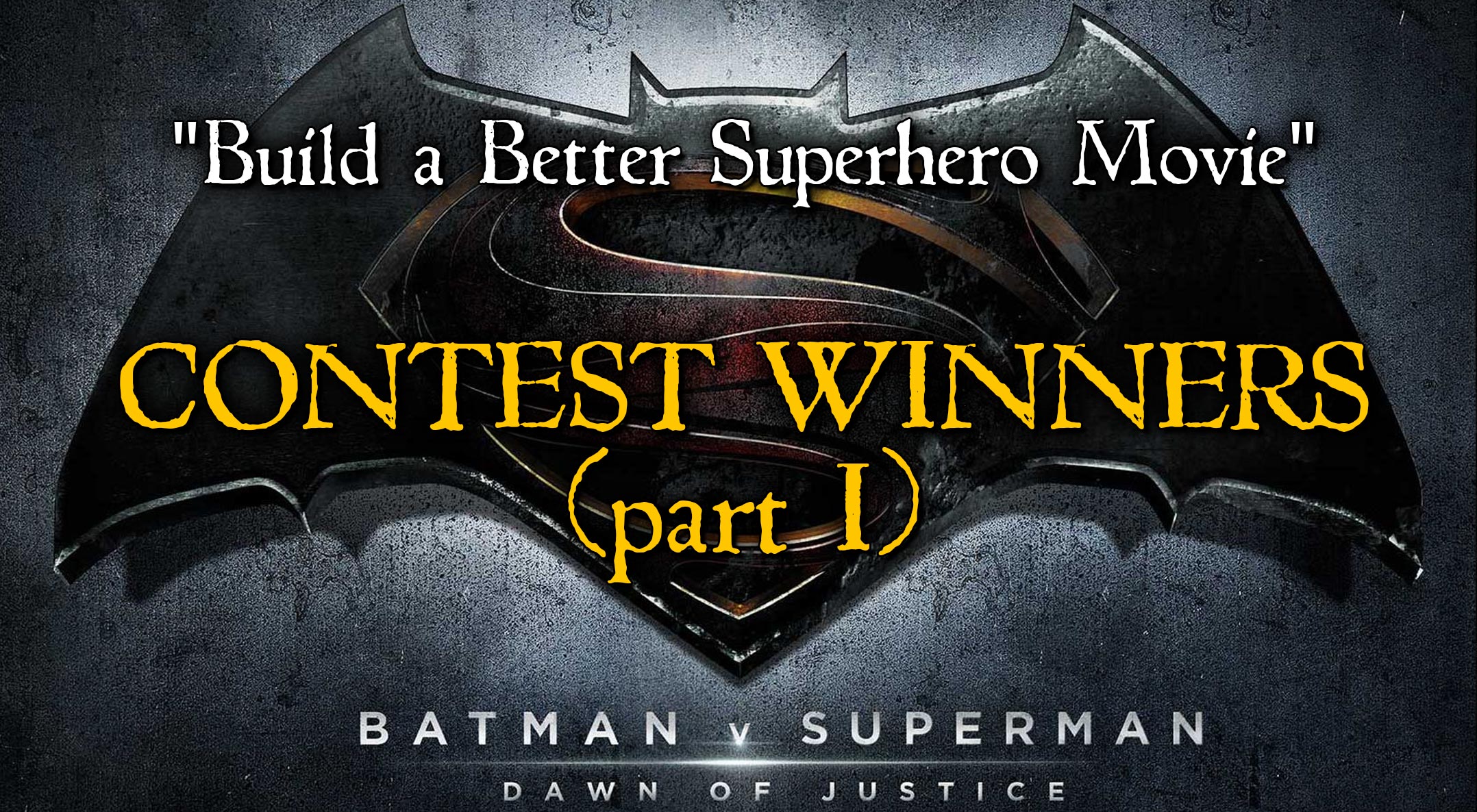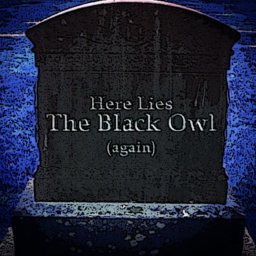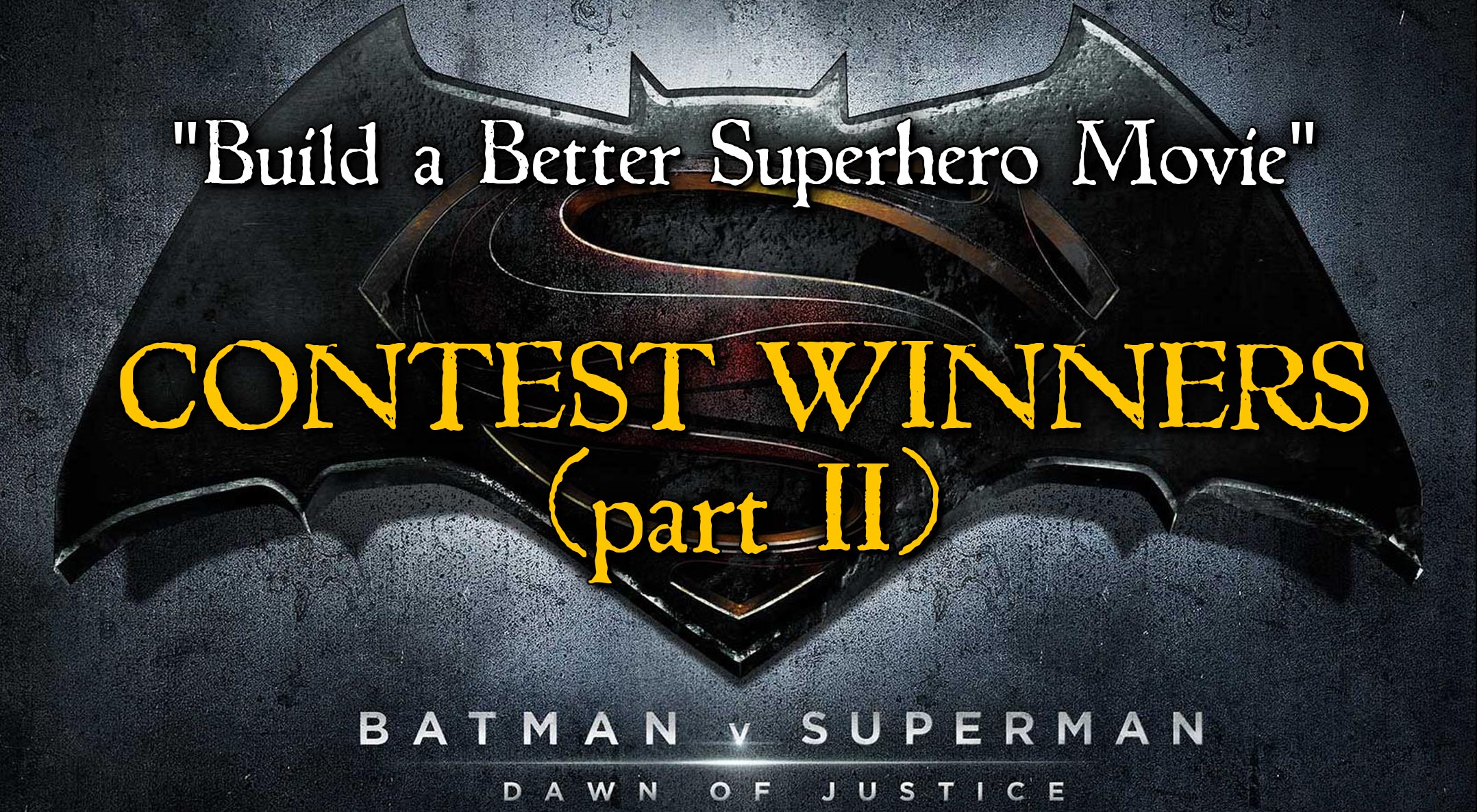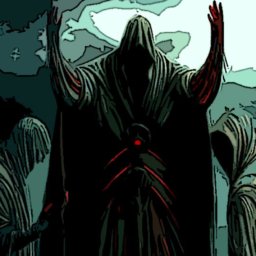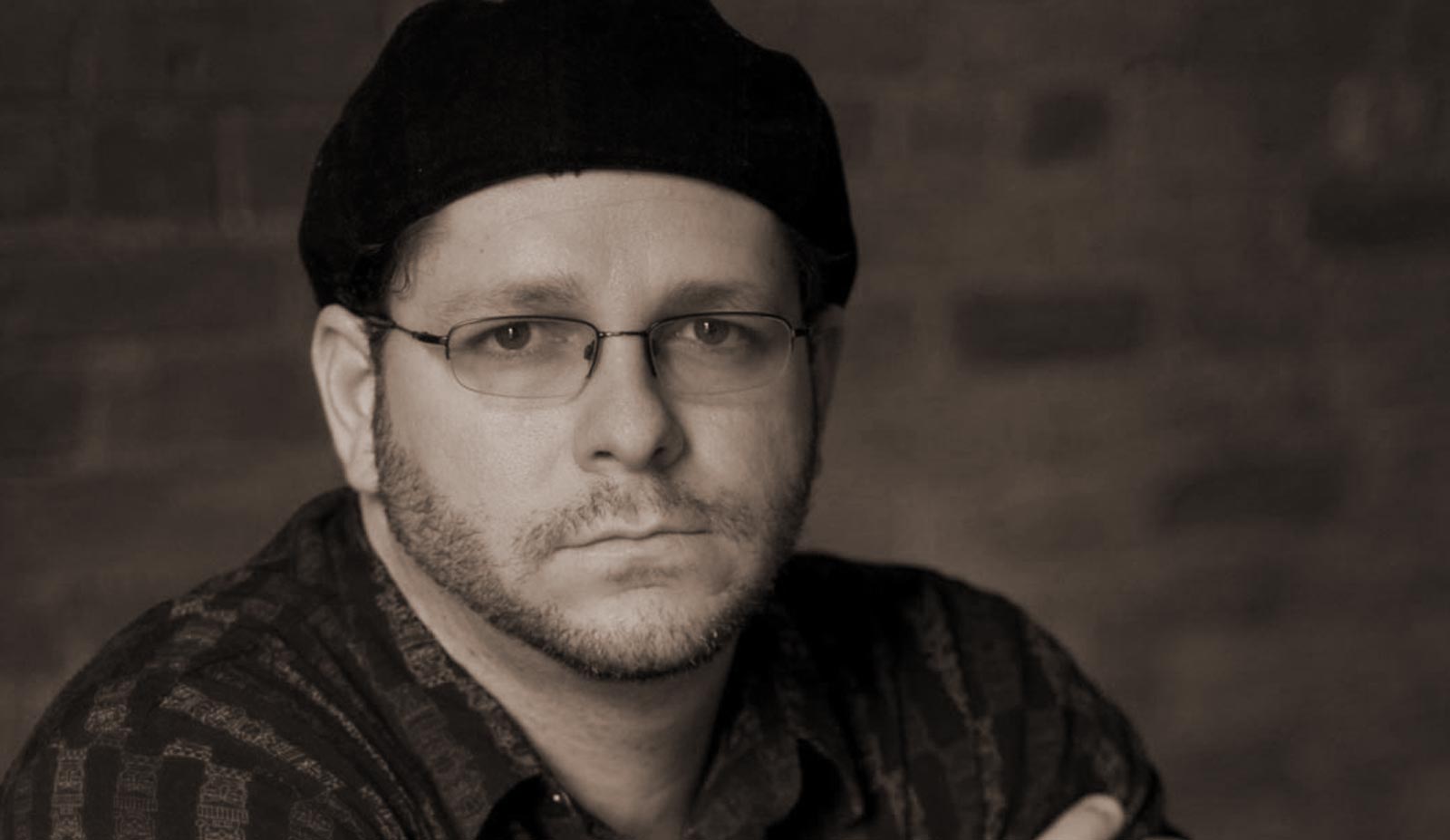
Adam Christopher – author of “Empire State” and “Seven Wonders” – is one of the few debut authors whose work already has “fan fiction”. Granted, that’s because of the visionary “WorldBuilder” initiative greenlighted by Angry Robot Books and produced by Mighty Mur Lafferty but still… you gotta respect the fact that Adam crafted a story world that has the scope and nuance to support a robust and active collaborative community. Our 20(ish) minutes with Adam was a delight and fraught with talk of shared worlds, superhero literature (what a shock) and an exploration into Adam’s writing process. Writerly goodness dressed in spandex awaits! (and you GOTTA check out Adam’s Workshop Episode!)
PROMO: The Dead Robots’ Society Podcast
Showcase Episode: 20 Minutes with Adam Christopher
[caution: mature language – listener discretion is advised]
Podcast: Download (Duration: 34:25 — 23.6MB)
Subscribe: RSS
Check out this and all our episodes on iTunes and on Stitcher Radio!
Episode Breakdown




00:40 – Adam’s fabulous intro
05:20 – Why did you open the Empire State for shared world participation and what have you discovered about the world since then?
- 05:50 – It began with a phone call from Lee Harris with an idea of Mur Lafferty’s
- 07:15 – Empire State deals with different universes, multiple timelines, and secret histories so it had the scope for the ideal foundation
- 07:35 – And they knew I’d be open to that kind of thing. I think it’s really really cool!
- 07:45 – To think that someone would be creating a story or a piece of art of a comic strip based on something I created is amazing
- 08:00 – JR Blackwell did a photo shoot from a “lost 1940’s film noir adaptation” with all kinds of backstory
- 08:50 – For the opportunity to do that I thought, “Yeah, why not?”
- 09:05 – Nothing that anyone created was like anything I imagined… and that’s kind of the point
- 10:20 – It was an experiment because nobody knew what would happen to see what people would do
- 10:45 – People write fan fiction anyway so why not see what would happen when they have permission
11:50 – How do you find the balance between characters with extraordinary powers and an ordinary readership with real world issues with over-extending their disbelief?
- 12:20 – Um… mmm… yeah…
- 12:30 – I understand why superhero fiction is a difficult thing for readers to approach
- 12:40 – Superhero fiction is a weird kind of category that’s hard to put into a genre
- 12:45 – Empire State and Seven Wonders were just strong science fiction stories
- 13:00 – The character is the key… if the readership can’t relate to characters then you’ve kind of failed anyways
- 13:30 – Also, superheroes have to have limits on what they can do or you lose all uncertainty
- 14:05 – I never wanted to write a book about the guy who can fly or lift cars
14:25 – PROMO: The Dead Robots’ Society Podcast
16:05 – What is it about superhero story that aligns to the story YOU want to tell?
- 16:40 – I’m not sure what the answer is, but when I read my first comic there was something in my brain like a switch went on
- 17:20 – Superhero comics are one of the things I’m most passionate about
- 17:30 – I like the naiveté and the optimism, the basic values that sound kind of simple
- 18:10 – It was just the way I wanted to tell my stories (I think I’ve gotten the superhero thing out of my system with Seven Wonders)
- 19:00 – You can get a lot contrast… you’re dealing with huge extremes of character
- 19:40 – You’ve got the kind of scope that you can explore that you don’t get with other forms of fiction
- 19:45 – Of course, that’s rubbish… if you have a compelling story with compelling characters then it doesn’t matter
- 20:15 – I wanted spandex and funny names and costumes. They spend a lot of time posing.
21:10 – It seemed for a while that the trend was for heroes to be villainized and villains being victimized and now it seems like we’re coming out of that… what do you think?
- 21:55 – I think society and stories go through these waves
- 22:00 – The values of the heroes and superheroes beckon to us
- 22:25 – In the 50’s it was all about big chrome cars and atomic toilets
- 22:40 – And then the shiny stuff didn’t work out, so you got your antiheros
- 23:00 – Superheroes can be very obvious and clear in what they represent… it seems kind of unsophisticated
- 23:45 – Superhero movies are a combination of a trend in character storytelling and cinematography (because they look amazing)
- 24:10 – Comics and films are very visual and now you can do a film that looks like a comic
25:30 – Walk us through the process of how you write a scene
- 25:55 – Any writing that I do has many different passes
- 26:05 – My first concern is the get the story from point E to point F
- 26:35 – I go for description and action before dialog
- 26:40 – I work from an outline and I try to stick to it, but I find that when a character starts doing something, they start thinking and ruminating and I overwrite my first draft by quite a bit
- 27:00 – I know I’ll cut out half of that if not more, but that process has shown me something useful
- 27:40 – The second pass is when I start cutting and focusing on pacing
- 28:25 – I just need to get the story down before I forget it and then worry about fixing stuff later
- 28:50 – Genre fiction can be very plot heavy… but the plot has to come from the character (not the other way around)
- 29:55 – Characters will tell their own story. People say that sounds crazy, but when that happens you know something’s working with your writing

